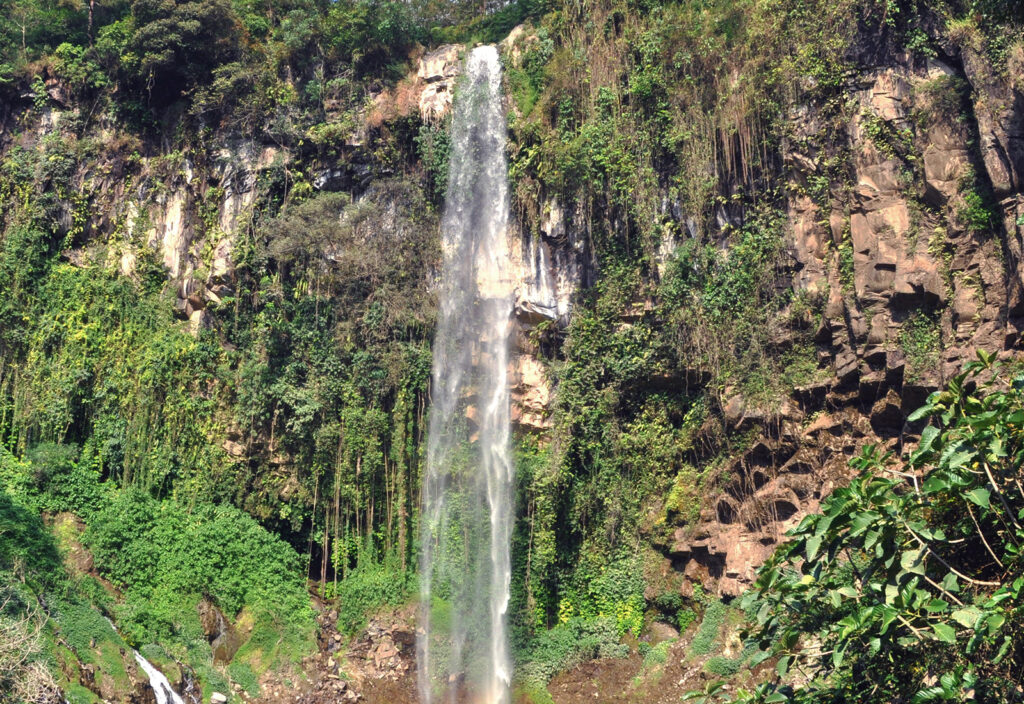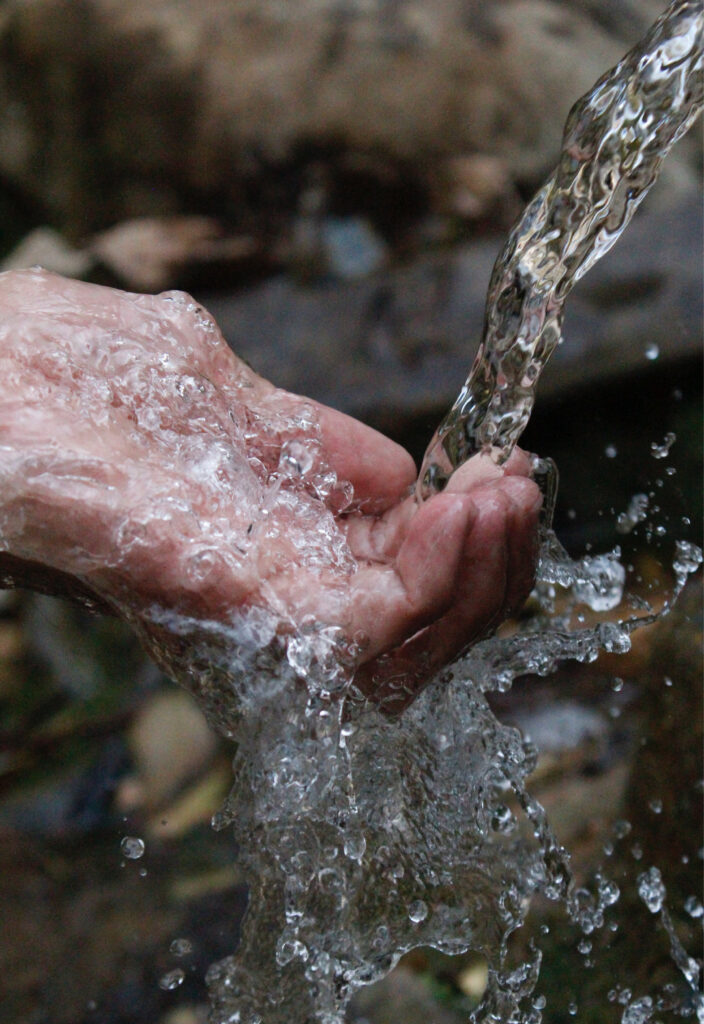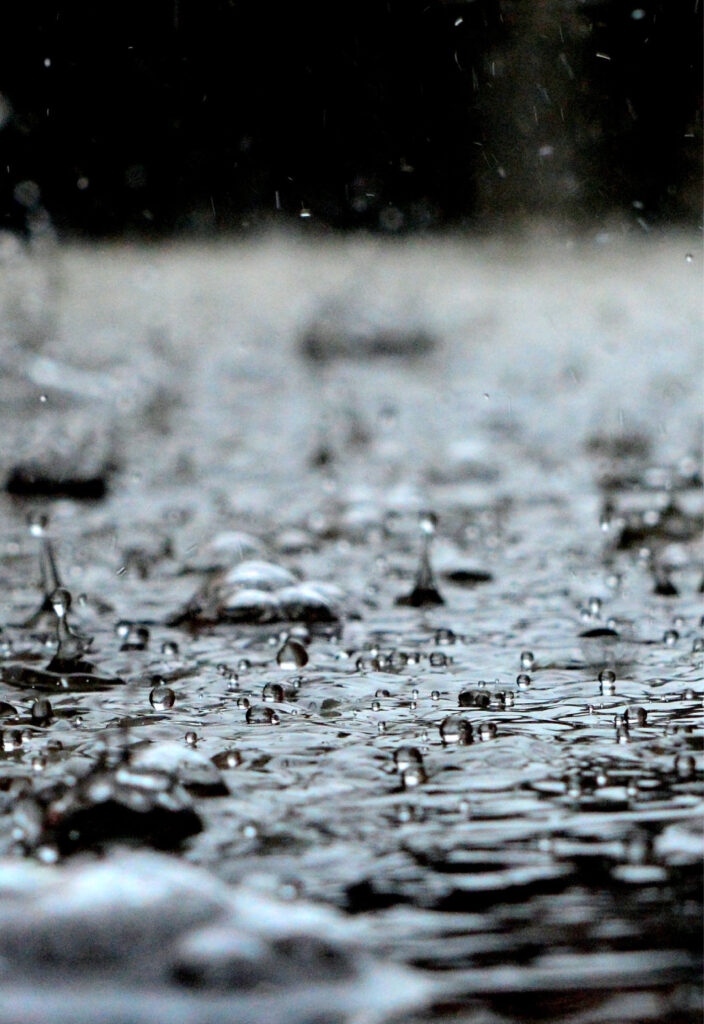
THE PUNCH RESOURCES
The Role of the Hospitality Sector in Water Conservation
Bali, renowned for its natural beauty and vibrant culture, faces a significant challenge in water conservation. The island’s precious water resources are at stake due to the ever-growing hospitality sector and the high water consumption of hotels. However, these same hotels, which contribute to the issue, can also play a pivotal role in preserving Bali’s water for future generations.
The island’s booming hospitality industry is a double-edged sword, bringing economic prosperity and employment opportunities while placing immense pressure on the island’s water resources.
The average hotel room in Bali consumes a staggering 3,000 liters of water per day, the equivalent of 12 bathtubs every single day.
For a hotel with 100 rooms, the annual water consumption reaches an astounding 42 Olympic swimming pools. This eye-opening statistic reveals the urgency of addressing water conservation within the hospitality sector. It’s not merely about numbers; it’s about securing a sustainable future for Bali.

Hotels can play a pivotal role in preserving Bali’s water resources through strategic initiatives
How Hotels can Contribute to Preserving the Island’s Water Resources
WATER-EFFICIENT INFRASTRUCTURES
Hotels can invest in water-efficient technologies and infrastructure, such as low-flow faucets, showers, and toilets. Implementing these measures can significantly reduce overall water consumption without compromising guest experience.
REUSE & RECYCLE
Hotels can establish water reuse systems for non-potable purposes like landscaping and cleaning. Additionally, they can implement water recycling systems to treat and reuse greywater within the hotel premises, minimizing the demand on fresh water sources.
DRINKING WATER FILTERING
One effective method for hotels to reduce water consumption is by incorporating safe ceramic or charcoal filters into their drinking water systems. By integrating these advanced filtration technologies, hotels not only enhance the quality and safety of their drinking water but also contribute to sustainable water practices. Filters such as Terra Water Indonesia efficiently remove impurities, providing a clean and safe water supply for guests.
GUEST EDUCATION
Hotels have a role to play in raising awareness among guests about the importance of water conservation and encouraging them to participate in water-saving initiatives. These businesses can provide information in rooms, common areas, or through digital platforms to educate guests on how they can contribute to conservation efforts.
RAINWATER HARVESTING
Hotels can benefit from rainwater harvesting systems to collect and store rainwater for various non-potable uses within the venue, reducing dependency on municipal water sources.
NATIVE LANDSCAPING
Hotels can opt for native and drought-resistant plants in landscaping to reduce the need for excessive watering. They can design outdoor spaces to be water-efficient, and incorporate practices like mulching to retain soil moisture.
REGULAR MAINTENANCE
Hotels should regularly inspect and maintain their plumbing systems to identify and fix leaks promptly. Addressing leaks can prevent unnecessary water wastage and contribute to overall water conservation efforts.
COLLABORATIONS WITH LOCAL COMMUNITIES
By engaging with local communities and authorities to develop and support water conservation initiatives, hotels can collaborate on projects that aim to improve water infrastructure, enhance water management practices, and educate local residents.
MONITORING & REPORTING
Hotels can implement systems to monitor water usage regularly and establish transparent reporting mechanisms. This can allow them to track their progress in water conservation efforts and make informed decisions for further improvements.


Implementing water conservation measures in a sound practice for businesses looking to reduce their environmental impact and operational costs. By adopting equipment and practices such as low-flow water systems, rainwater harvesting, efficient filters, and the vigilant maintenance of leaky faucets and pipes, businesses can achieve remarkable savings.
These measures have the potential to curtail water consumption by up to 30%, translating to thousands of liters saved each month. This not only contributes to a more responsible appraoch to resource management but also positively impacts the bottom line, making it a win-win strategy for busineses committed to do better.
EXPLORE THE PUNCH

